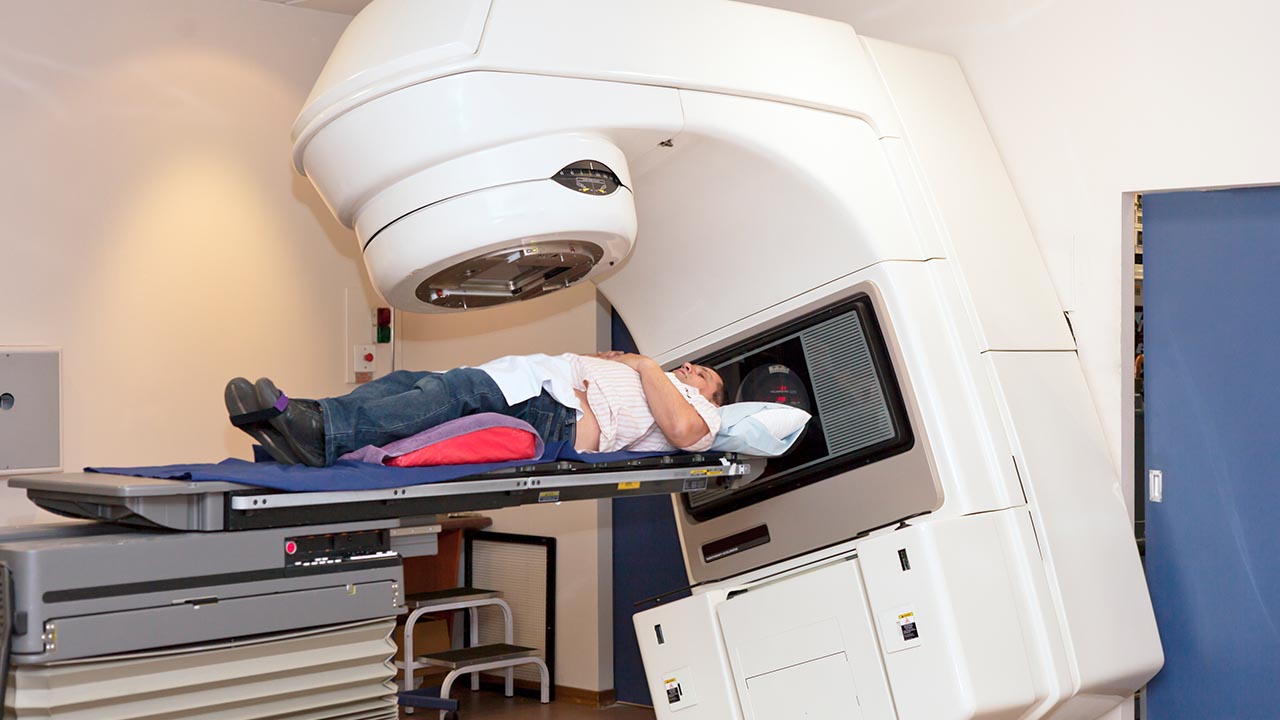Parasites that live in pools, recreational water parks, lakes and streams are the cause of an infection known as cryptosporidiosis. For most people, the sickness will pass within a week or two, but for those with a compromised immune system, a cryptosporidium infection may become life-threatening.
You can contract cryptosporidiosis if you have been:
- Drinking contaminated water that contains cryptosporidium parasites
- Swimming in contaminated water that contains cryptosporidium parasites and accidentally swallowing some of it
- Eating uncooked, contaminated food that contains cryptosporidia
- Touching your hand to your mouth if your hand has been in contact with a contaminated surface or object
- Having close contact with other infected people or animals — especially their feces
For those reasons, the following people are more at risk for contracting the disease:
- Animal handlers
- Those who engage in oral-to-anal sexual activity
- Backpackers, hikers and campers who drink untreated, unfiltered water
- Children, particularly those wearing diapers, who attend child care centers
- Parents of infected children
- Child care workers
- International travelers, especially those traveling to developing countries
- Swimmers who swallow water in pools, lakes and rivers
- People who drink water from shallow, unprotected wells
Symptoms of cryptosporidiosis usually begin within a week of exposure and may include:
- Watery diarrhea
- Dehydration
- Lack of appetite
- Weight loss
- Stomach cramps or pain
- Fever
- Nausea
- Vomiting
The time to see a doctor is when you are experiencing watery diarrheathat won't go away. Note that it is possible to have a cryptosporidium infection and experience no symptoms at all.
If she suspects that you are suffering from cryptosporidiosis, your doctor will likely administer an acid-staining test. This will identify cryptosporidium beneath a microscope. Your doctor will take a stool sample, or perhaps a biopsy from your intestine. If your doctor discovers an infection, her next steps will be to determine how far it has spread. This often requires tests of the liver and gall bladder.
Medicine dictates no recommended course of treatment for a cryptosporidium infection, which usually runs its term in a couple of weeks. But there are some other options. These include anti-parasitic drugs, such as nitazoxanide; and anti-motility agents which slow down the movements of your intestines, such as loperamide.
In cases where the patient's immune system is comprised, such as with HIV/AIDS sufferers, antiretroviral therapy (HAART) can reduce the viral load in your body and boost your immune response.












